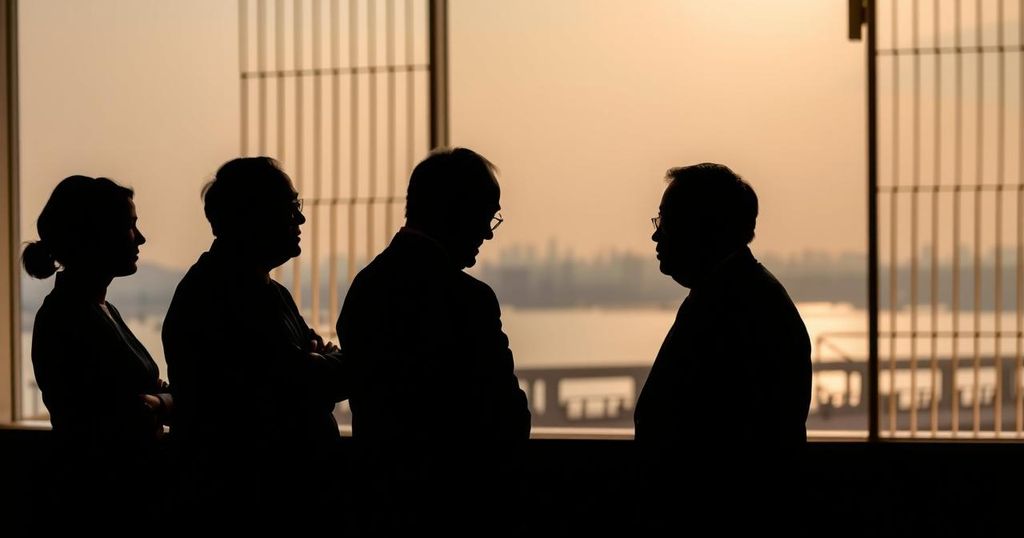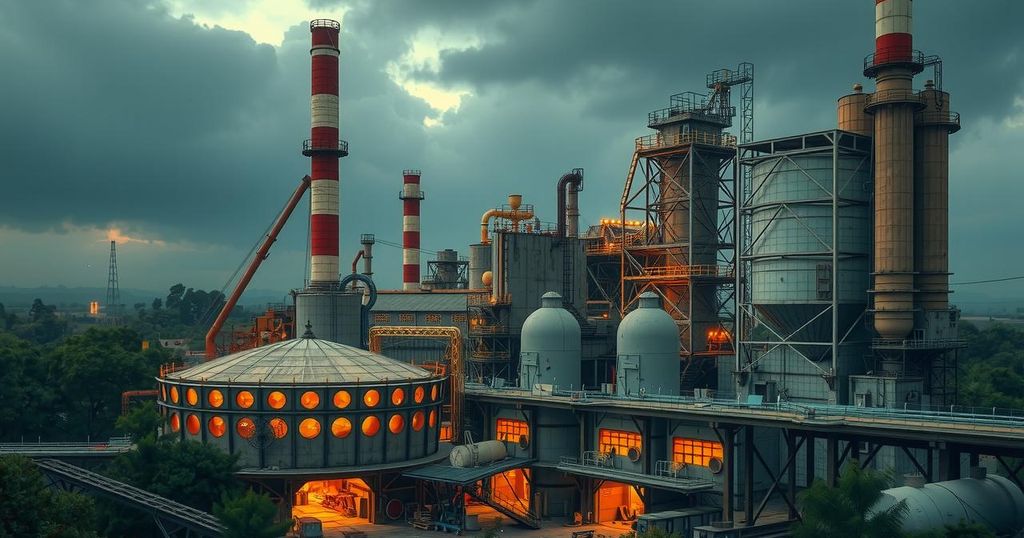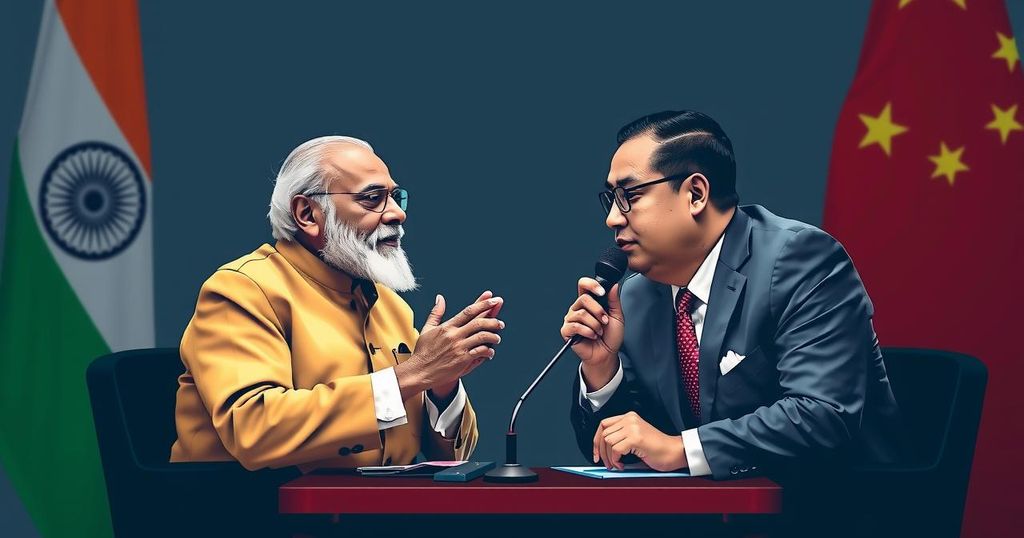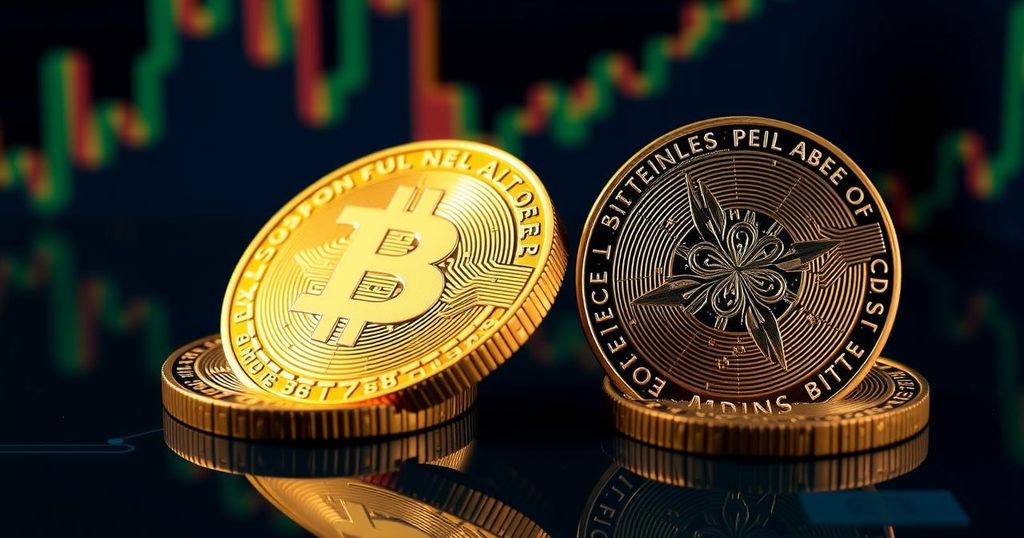DR Congo Leaders Seek Broader Economic Relations with China Beyond Mineral Exports
Officials from the Democratic Republic of Congo (DRC) returned home from the recent Forum on China-Africa Cooperation in Beijing with limited achievements in their endeavor to diversify economic relations beyond the existing dominance of mineral exports, as expressed by various analysts. Jean-Pierre Okenda, a consultant specializing in mining issues in the DRC, remarked that China is likely to continue consolidating its stronghold in Congo, particularly in the mineral sector.
Despite the DRC boasting a trade surplus with China — a rarity among African nations, most of which incur substantial trade deficits — this surplus is primarily derived from the mineral trade. China predominantly imports these minerals to supply its manufacturing sector, which has an insatiable appetite for raw materials. The DRC is the world’s leading producer of copper and cobalt, the latter being crucial for electronics and batteries in electric vehicles, holding approximately 70% of the global cobalt reserves.
However, data from China’s customs authority indicates a significant downturn in trade volume, with trade flowing to the DRC experiencing a 13% decline to $18.75 billion in the last year, attributed largely to a near 14% drop in China’s imports from the DRC, totaling $14.27 billion. This decline, largely influenced by fluctuating prices, highlights the DRC’s heavy dependency on China for economic sustenance, a dependency underscored by the fact that China represents nearly half of Congo’s merchandise exports and over a quarter of its imports, as reported by the World Trade Organization for 2022.
Congolese President Felix Tshisekedi, notably the first African leader to engage with Chinese President Xi Jinping prior to the conference, emphasized to officials the necessity of broadening bilateral trade into other sectors, specifically agriculture, renewable energy, and essential industrialization focusing on local processing of the DRC’s mineral assets.
In anticipation of the forum, China’s Ministry of Foreign Affairs asserted that President Xi had expressed readiness to enhance cooperation across various domains, including agriculture, mineral processing, vocational training, and more. The Congolese delegation hoped to secure substantial investments from China, within the context of the $50 billion Xi pledged for infrastructure development across Africa over the next three years.
The Congolese government, led by Trade Minister Julien Paluku, has stressed the strategic significance of the DRC in the Belt and Road Initiative, advocating fervently for a sizable allocation of these investment funds. However, concerns persist regarding the investment climate in the DRC, as Christian-Geraud Neema, a researcher specializing in China-Africa relations, highlighted a growing reluctance among Chinese investors to embark on new projects due to the pervasive issues of corruption and unpredictability within the Congolese business environment. Indeed, the DRC ranks 162nd out of 180 countries on Transparency International’s corruption perception index, indicating widespread governance issues.
Moreover, there have been challenges with longstanding agreements involving Chinese mining companies, which the Congolese government is actively seeking to renegotiate to secure better terms. Recent negotiations regarding the Sicomines consortium, overseeing a major copper-cobalt mine, resulted in commitments from investors to invest $7 billion in much-needed infrastructure, addressing roads and bridges within the DRC. Similarly, the Chinese company CMOC paid $2 billion to the Congolese state last year to settle a commercial dispute.
While some experts opine that these mining agreements may still favor Chinese interests, the unstable business landscape, aggravated by rampant corruption, cultivates an atmosphere of skepticism regarding future investments.
The DRC’s leaders have also sought to enhance defense cooperation with China due to ongoing security challenges in the eastern region of the country. President Tshisekedi’s administration expressed hopes of stronger collaboration in defense capabilities, particularly in light of the conflict with the Rwandan-backed M23 rebel group. Nkunda has stated that China could potentially aid in the lifting of the U.N. arms embargo against the DRC.
Though Tshisekedi acquired nine advanced Chinese CH-4 Rainbow attack drones, which have been notably effective in combat, analysts remain doubtful about the prospects of deepening defense ties, as Okenda asserts that China’s primary interest lies in resource acquisition rather than defense collaboration. Furthermore, Neema elucidates that while there have been discussions regarding potential minerals-for-arms deals, the DRC leadership has been cautious to avoid conflicts with the United States, an important diplomatic partner.
Overall, the conversations at the forum suggest that unless the security situation in the DRC worsens significantly, tangible advancements in defense cooperation with China are unlikely. The official statement from the Chinese Ministry of Foreign Affairs post-meeting between President Xi and President Tshisekedi did not contain references to defense cooperation, instead alluding to collaborative efforts aimed at peace in the region.








Post Comment